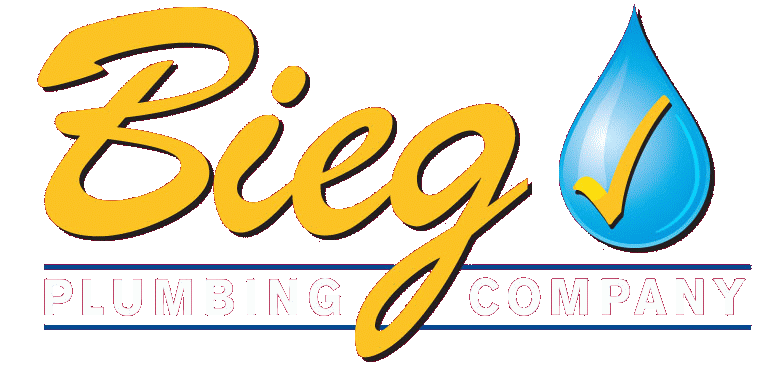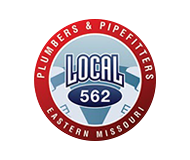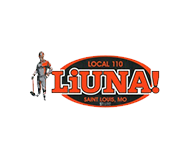You don’t have to know everything about plumbing, but it is important to know the basics in order to avoid an even worse situation. At Bieg Plumbing we like to arm our clients with the knowledge that can help them avoid a plumbing disaster.
Here is a list of 10 things you should know about your plumbing for your home or business.
- Know where the main water source is located and how to shut it in case of an emergency. Usually located close to the meter or sometimes you may have a separate shut-off at the house. It is also important to know how to operate them. When turning the valves on and off, make sure that you do it slowly, because the water pressure may be high and the valves old.
- Know how to read your water bill and meter. Verify your water usage along with each bill amount to ascertain if the charges are correct. It’s an easy way to catch leaks in your property as water leaks can cause a lot of water consumption, amounting to huge bills. Don’t hesitate to call the number on your water bill if you need help reading your bill or meter. Your local water company would be more than happy to clarify the details of the bill.
- Know your water pressure and make sure it is under 80 psi. High water pressure is the number 1 cause of leaks in homes or businesses. You can DIY with a water pressure gauge that runs for less than $20.00, or have your local water company come check it at no charge to you!
- Know your sewage system and the location of your clean-out plugs. Is it sewer or septic? A vital step to solving a clog or sewer backup is knowing where your clean-out plugs are located.
- Know where to shut off your gas supply. If accessible, know where to shut off the gas for each appliance and also at the supply. That way, if there is only an issue with a specific appliance, you won’t have to shut off the gas supply to the whole building.
- Know the shut-off location for the water that goes to your water heater. Water heaters do not last forever. The average water heater lifespan runs about 8-12 years. A water heater problem can leave you without hot water but it doesn’t mean you have to do without any water at all. Knowing where to shut off the water going to your water heater can allow you to still have water for cleaning, cooking, or bathroom use.
- Regularly check your water heater pressure relief valves for leaks and always have a pan under your water heater. Especially as they age, the chances of your water heater leaking are much higher. Check your relief valve to ensure it is in good working condition and without leaks. In case there is a leak, having a pan underneath can help prevent extensive water damage.
- Set back the spigot valve. You should install a frost-free hose bib spigot if the pipe runs through a cement foundation. This can prevent freezing during the winter season by allowing you to be able to shut the water off closer to the inside of your home.
- Know the location of all your fixture shut off valves. Every sink and toilet should have a shut-off valve. Knowing where they are can save you extensive damage and still retain water use on other fixtures. NOTE: They should not be used unless it is necessary. Some are not designed for repeated use.
- Make a habit of checking for leaky faucets or pipes. Some leaks can go undetected for a long time because the source of the leak is not visible. Here is a great resource by home waterworks on how to inspect for leaks in and out of your home or business.
Have a plumbing emergency, question or need service? Contact Bieg Plumbing today at (314) 487-4564.
Serving the St. Louis area since 1960!






